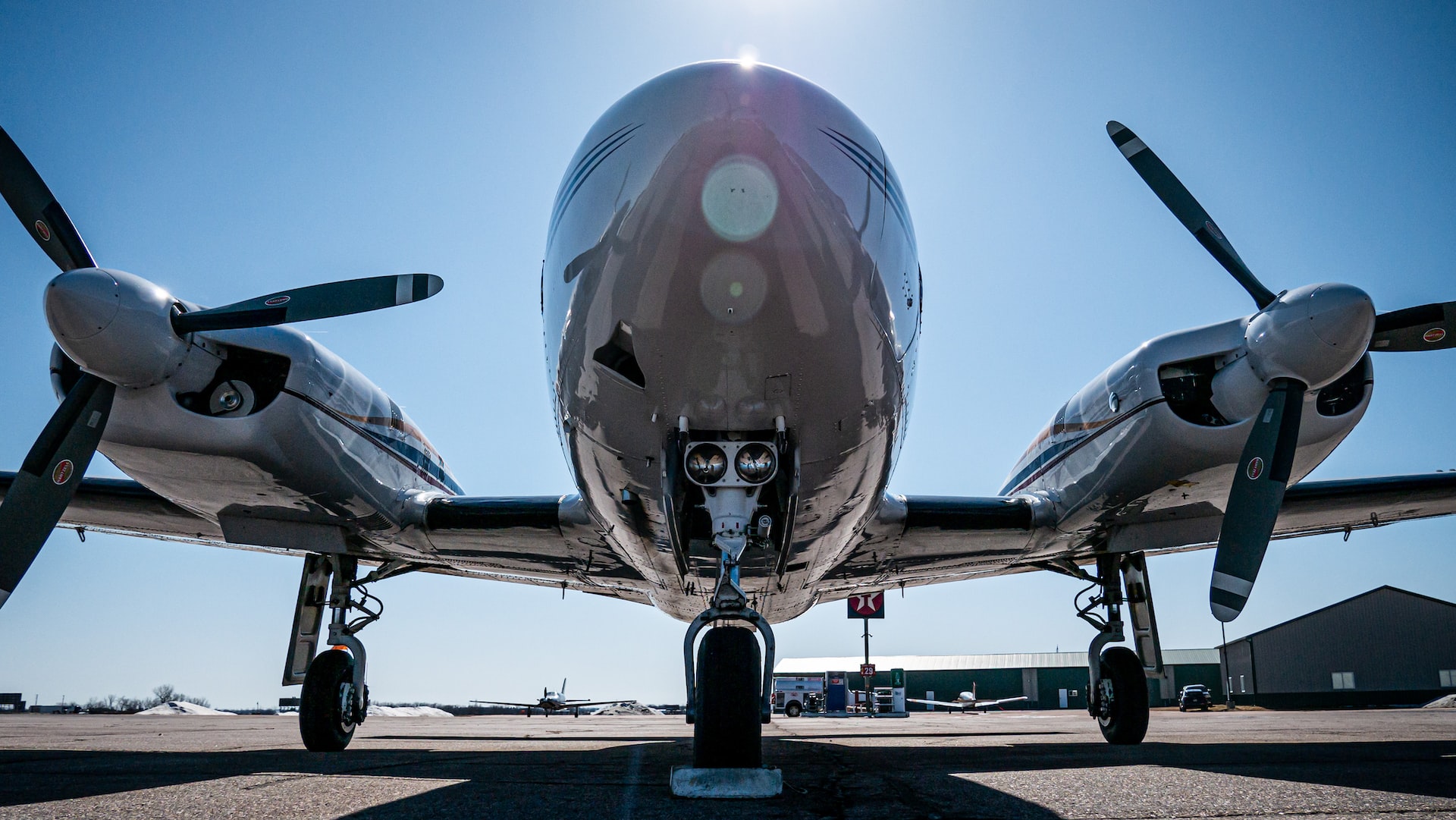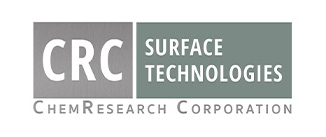
16 Aug Aluminum Coatings: Chem-Film vs. Anodize
Although bare aluminum is not subject to rust, it is still subject to corrosion. When exposed to oxygen, aluminum naturally creates its own barrier from corrosion. However, that natural aluminum oxide layer can be enhanced through different metal finishing techniques, such as chem-film and anodizing.
Both alodine and anodizing processes provide aluminum parts with a corrosion-resistant coating. However, there are a few main differences: first, anodizing uses an electrolytic process, while alodine coatings do not. Let’s take a closer look at alodine aluminum coatings vs. anodized aluminum.
Alodine (Chem-Film) vs. Anodized Aluminum
Alodine Coatings
Also known as alodine or iridite, chem-film refers to a chemical conversion coating used to make aluminum surfaces non-reactive. Chem-film protects aluminum parts from corrosion and can serve as a base for paint coatings without changing the dimensions or measurements of the finished parts.
Chem-film or alodine coatings are less expensive and easier to apply than anodized coatings because the process does not require an electrical current. Instead, chem-film is brushed, sprayed, or painted onto the aluminum surface. Because there’s no electricity involved, the alodine process allows aluminum parts to retain their thermal and electrical conductivity.
Alodine coatings are useful for many industries, including aerospace, maritime, electrical, military, and defense. Chem-film also provides corrosion protection for aluminum components used in saltwater environments. Common uses for chem-film include:
- Heat sinks
- Aircraft hulls
- Landing gear
- Tactical equipment
- Automotive wheels
Chem-film may be the right choice for your project if you’re looking for:
- Electrical and thermal conductivity
- A faster and less expensive process
- Corrosion resistance
- A surface for paint or primer
- A coating that doesn’t alter the weight or dimensions of the finished piece
At CRC Surface Technologies, we offer the following types of alodine chemical conversion coatings:
- Type l coatings for parts and compositions containing hexavalent chromium
- Type ll coatings for parts and compositions without hexavalent chromium
- Class 1A coatings are relatively thick, and offer maximum protection against corrosion
- Class 3 coatings are thin and lightweight, and are used to protect against corrosion when little electrical resistance is required
We rigorously follow all of the requirements set by the International Organization for Standardization (ISO) for producing and testing all the coatings listed above.
Anodizing
The anodizing process converts an aluminum surface into an anodic oxide finish. Anodizing applies an electrical current to the aluminum while it is immersed in an electrolytic solution, causing metal from the solution to adhere to the aluminum surface. This process not only increases resistance to corrosion, it also improves lubrication.
Anodizing is a popular choice because it enhances the following properties of aluminum:
- Corrosion resistance
- Electrical insulation
- Paint adhesion
- Adhesive bonding
- Cleanability
Anodizing also requires a high level of technical expertise, so it’s best to choose an experienced metal finishing provider like CRC Surface Technologies.
Can You Anodize Over a Chem-Film Coating?
Sometimes our clients ask if we can anodize over chem-film. Type II anodizing is often used along with chem-film on product surfaces that have different property requirements. And, although you would not typically anodize over top of chem-film, you can use alodine coatings to repair minor damage to anodized surfaces, depending on the condition of the aluminum.
Chem-Film & Anodizing Services in Arizona
For help deciding which finishing option is best for you, contact the team at CRC Surface Technologies for knowledgeable advice and guidance. Located in Phoenix, Arizona, we offer our clients over 33 metal plating and chemical processing services, including both anodized and chem-film aluminum coatings.
At CRC, we constantly strive to maintain our elite status as the leading metal finishing contractor in the Southwest. Our experts go above and beyond to provide our clients with the results they need. For a NADCAP-Certified single-source metal finishing, call us at 602-253-3423 or contact us online to request more information about our top-quality services.
Images used under creative commons license – commercial use (8/16/2022). Photo by Abe Drzycimski on Unsplash

